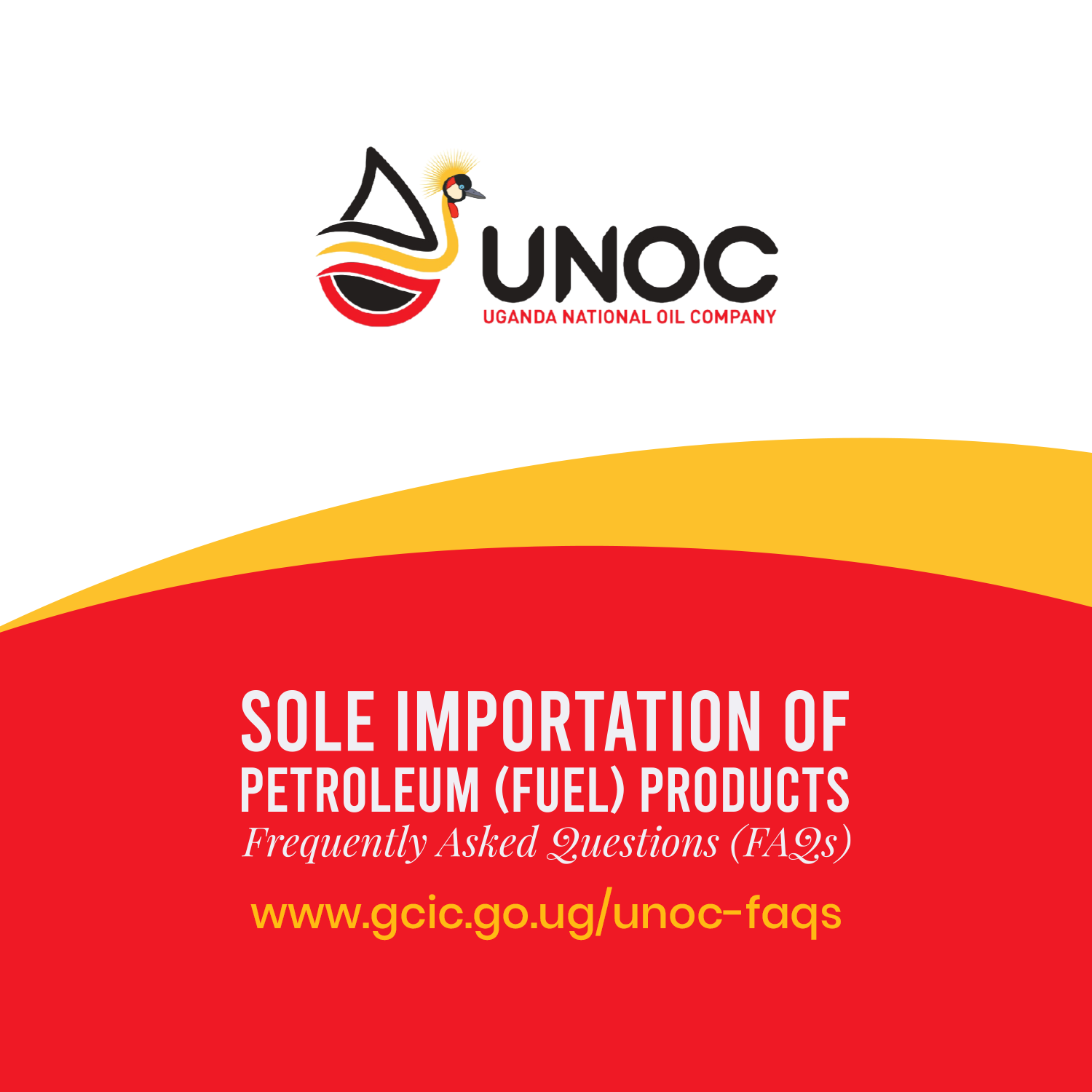In a significant move to boost agricultural productivity and strengthen disease control across Uganda, the Minister of Agriculture, Hon. Frank Tumwebaze, has handed over motorcycles to districts in Central and Southwestern Uganda. This initiative is part of the ongoing Market-Oriented and Environmentally Sustainable Beef Meat Industry in Uganda Project (MOBIP), which aims to elevate beef production and quality while promoting climate-smart and environmentally friendly practices.
The MOBIP initiative, with its focus on enhancing beef production, is set to transform the cattle-rearing landscape in Uganda. The project prioritises small-holder farmers and rural livelihoods, encouraging the formation of producer groups, including those led by women. By focusing on quality assurance and sustainable practices, the project aims to educate farmers on effective animal husbandry techniques, thereby improving the quality of beef and increasing profitability for farmers.
The key to the project was the production of superior pastures, which were distributed to farmers in various cattle corridors across the country. This aspect of the project was managed by the National Agricultural Research Organisation (NARO). Additionally, the National Animal Genetic Resources Centre and Data Bank (NAGRC&DB) led efforts in breeding high-quality cattle to ensure the production of premium beef. The project also encompassed the promotion and control of animal diseases, such as foot and mouth disease, ensuring the health and safety of livestock.
During the handover ceremony, Maj. Gen. (Rtd) David Kasura Kyomukama, the Permanent Secretary of the Ministry of Agriculture, highlighted the critical importance of transboundary disease management. “This project is pivotal in our fight against transboundary diseases. By equipping our health officials, particularly in border districts, with motorcycles, we can enhance our disease monitoring and response capabilities. It’s imperative that we address these threats swiftly before they have the chance to spread across the country.” He stated.
Rtd Maj Gen Kasura Kyomukama also spoke about the Integrated Climate and Livelihood Resilience (ICLR) project, which covers 22 districts. This initiative is designed to combat the effects of climate change, with large-scale irrigation schemes being developed in collaboration with the Ministry of Water. “The construction of dams in Kabanda and Matanda is just the beginning. We are committed to ensuring that our agricultural sector is resilient in the face of climate change. These efforts are not just about providing water; they are about securing the future of farming in Uganda,” he added.
The government’s strategy to commercialize agriculture is another key element of the initiative. By providing motorcycles to agricultural extension officers, the government aims to support local farmers in transitioning from subsistence to commercial farming. These officers will play a crucial role in educating farmers on best practices, improving crop yields, and ensuring that agricultural produce meets market demands.
Hon. Frank Tumwebaze emphasised the importance of equitable resource distribution, ensuring that no district is left behind. “Our goal is clear: every district in Uganda must have the tools and resources they need to succeed in agriculture. These motorbikes are not just for show; they are ‘fit for purpose’—designed to meet the specific needs of our agricultural extension officers as they work to improve disease control and farming practices across the country,” he stated.
He also noted the ministry’s commitment to covering all regions with the necessary resources. “We have already distributed 169 motorbikes to districts in the Lango, Acholi, and West Nile regions, and we are not stopping there. Central, Southwestern, and Western Uganda will be next. We want to see at least one or two motorbikes per sub-county, with specific allocations for livestock, including fisheries,” Tumwebaze said.
With these initiatives, the Ministry of Agriculture aims to turn agriculture into a profitable and sustainable economic activity, ensuring that farmers are not only self-sufficient but also able to contribute significantly to the nation’s economy. The government’s continued investment in resources and education for farmers is a testament to its dedication to the agricultural sector and the livelihoods of those who depend on it.





